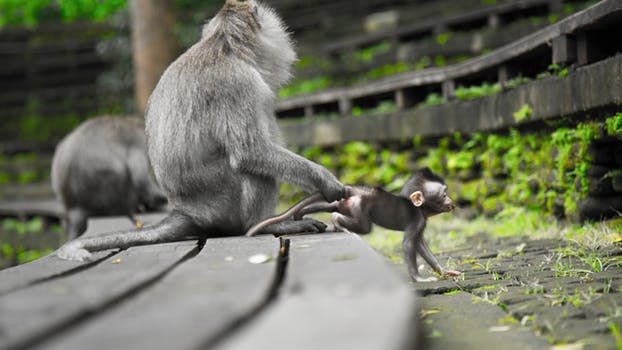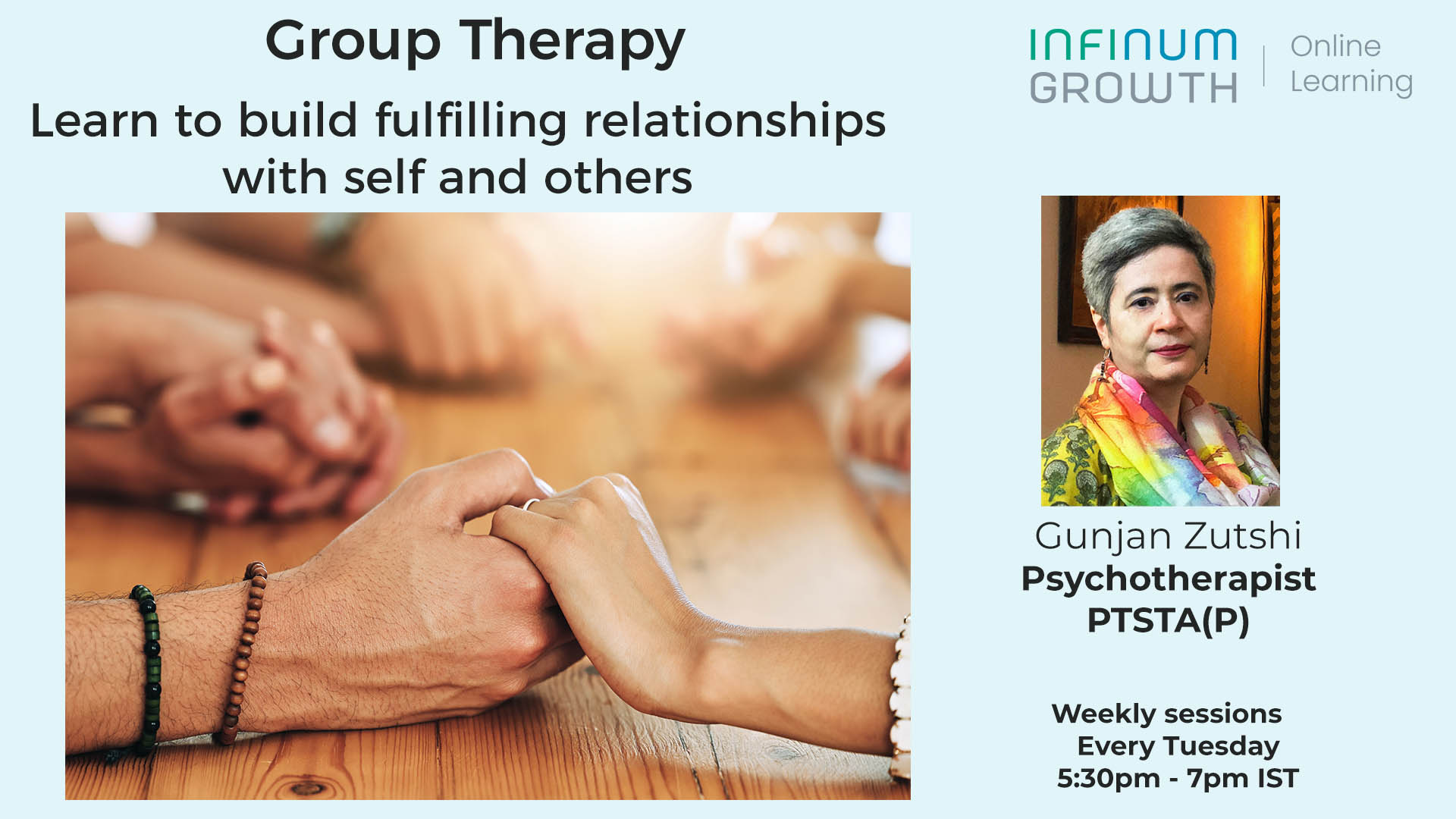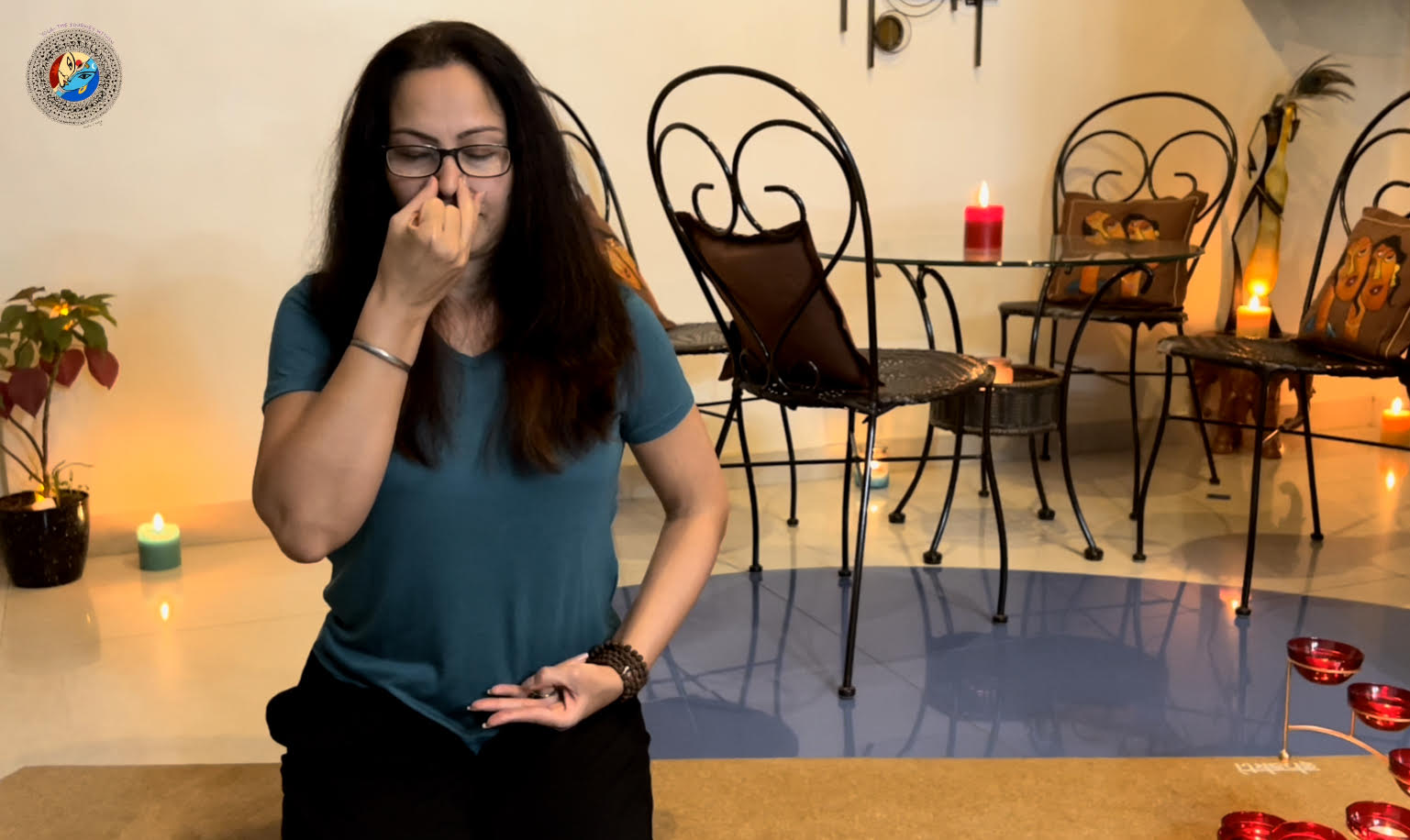All of us need to be loved by others….. so that we can love ourselves!
Would you agree?
Right from the day we are born (and even before that) we start sensing warmth, love and care from our mothers, fathers or caretakers. The way we are held, fed, cleaned, cajoled and hugged; these sow the seeds of the formation of our sense of self.
As we grow older, verbal messages from our parents, caretakers, teachers and even friends add to this sense of self; and the development of a sound self-esteem.
Self-esteem is a belief that all of us hold within ourselves; about our self-worth and our overall wellbeing, which reflects in our relationships, our careers and every aspect of our life.
Messages from the growing up years
Most parents intend to bring up their children with a high self-esteem; yet, in my work, I encounter more and more youngsters struggling with accepting themselves and feeling not good enough about themselves.
Unknowingly and unconsciously parents at home and teachers at school, pass on many negative messages to children. Some could be direct like “you are stupid” or “you are silly”, to more subtle non-verbal ones, like a frown or an annoying look at the child, when he/she says or does something or is about to do so. These messages register in the child’s subconscious and influence the child’s thinking, feeling and behaviour; and form a template in the mind, guiding future actions and reactions.
Mohan a 35 years old professional, complained about difficulty in forming relationships. As we explored his story, I realised that as a child he had no permission to express his feelings freely. Every time he expressed sadness, fear or anger, his parents reprimanded him. Slowly, Mohan learned to suppress his feelings; and as an adult, felt numb most of the time. He felt a disconnect with people around him; and that came in the way of getting close to people and forming deeper relationships.
Seema, a 40 years old woman with teenage kids, complained of anxiety and difficulty in handling her children. Further exploration revealed that she often doubted her decisions in most aspects of her life. She found it difficult to be firm with her children; and that resulted in her being very strict at times and totally neglectful at other times. She also recollected that her own parents had very contradicting views; and as a child she felt confused many times.
I recollect my own fear for numbers and math, as a child. My eighth standard math teacher played a significant role in dispelling that fear. He generously gave us permissions to make mistakes and learn. He would often tell us, “make new mistakes not the same ones”. This has had an effect on my mind for not just Math but for generally being allowed to make mistakes and learn from them.
When a person feels beautiful or successful, it is not just about the person’s physical looks or achievements. It is an inner feeling which develops at an early age about being beautiful or smart in the parents’ eyes. When parents give children lots of permission to be themselves and yet correct them for behaviour that maybe inappropriate or unhealthy, children grow up with a base of self-love and self-value. They develop a clear sense of self and know what is expected of them from others and what they can expect from others. As grown ups too these individuals are well balanced and maintain healthy boundaries in their relationships.
We can overcome self-imposed limitations through permissions
What is very apparent with Mohan and Seema is that they lacked ‘permissions’ from their parents to freely choose to think, feel and behave the way they wanted to.
While we all understand the word permissions, Dr. Eric Berne, psychiatrist and the originator of Transactional Analysis, defined it succinctly.He said Permissions are like permits; they allow, approve and authorise an individual for a particular thought, feeling or behaviour.
Seema did not have the permission to think freely and felt confused and anxious. Mohan did not have permission to feel and felt disconnected in his relationships.
Is it possible to give ourselves permissions as grown ups? Yes it is!
Both of them, as adults, can give themselves permission to be and do what they wish to. It needs awareness and understanding of what permissions to give and how.
Often when individuals subject themselves to substance or other forms of abuse, for example, it is an inner conflict that reinforces such behaviour. Sometimes all one needs, to stop such behaviour, is to be able to give themselves or receive permission from a significant person to stop such behaviour and be healthy.
How do we give permissions to ourselves?
We could follow the following steps to give ourselves permissions
- Identify what is the permission one needs. That is a crucial step, as only when you know what you need can you seek or give it.
- Permissions can be of many kinds. Some of us may need permission to feel and think freely, while some others may need permissions to trust others, belong in a group, be important or just be themselves .
- Once identified, one may need to also understand what’s holding one back and how it has served so far.
- Now ask your self if you are ready to receive the permission. Once you are, start with small steps.
- Permissions can be given through self-talk, repeating the words to yourself. For example, “I can feel and think at the same time.” Or “I can trust others”. If this seems difficult to say, you could also start with “I am willing to ………”. The word willing allows us to take small steps.
- Visualisations can be a powerful way to give oneself permissions. Close your eyes and imagine how you want to be or do something. Imagine every detail in the scene and be positive as you do this. With regular practice, you will not only get better at it but you will see how it is becoming a reality for you.
- It is important to have a friend or an ally with us when we embark on this journey. The friend provides the space to celebrate success and to share failures.
- Being a part of support groups can be useful too. It’s comforting and validating to know that one is not alone in this. It also allows us to learn from others.
- Individuals who have gone through abuse or other traumatic experiences as children, need to, of course, see a professional counsellor or psychotherapist to help with this process.
We do not need to continue being a slave to our past. Giving ourselves permissions to think, feel and behave mindfully is what will help us evolve and develop a healthy personality and a happier life.
Please do leave your comments at the bottom and do share with others if you like this article.



















Very pertinent and mature article. Important lesson for young parents and a must for teachers.